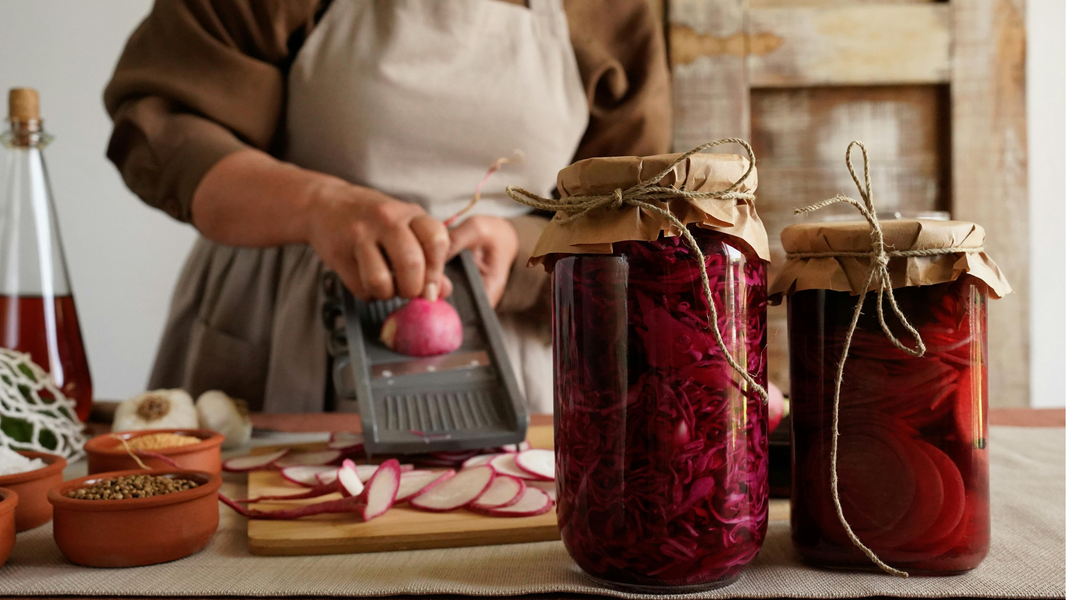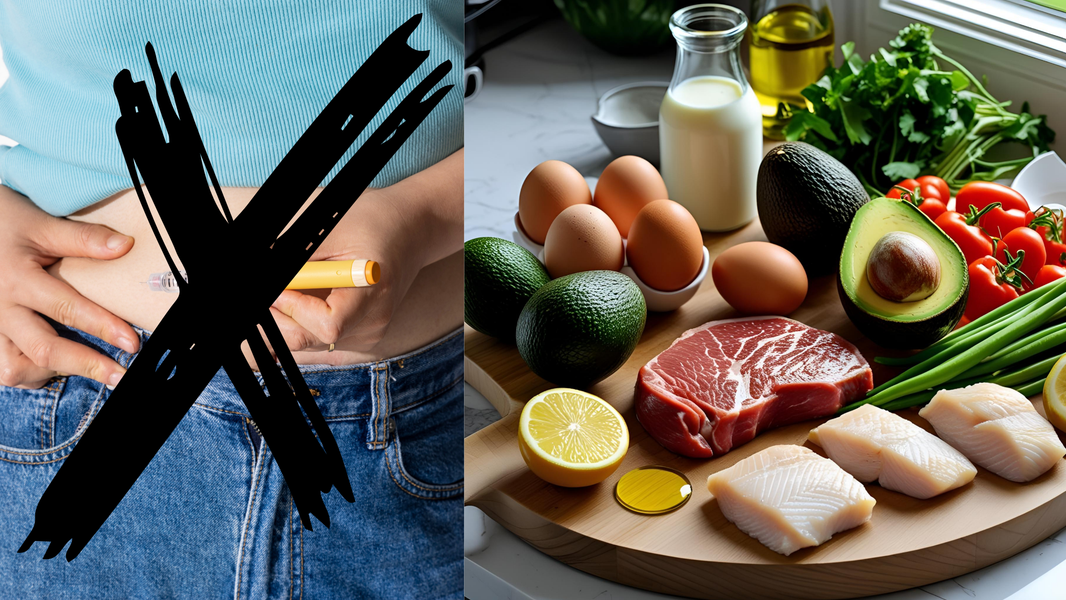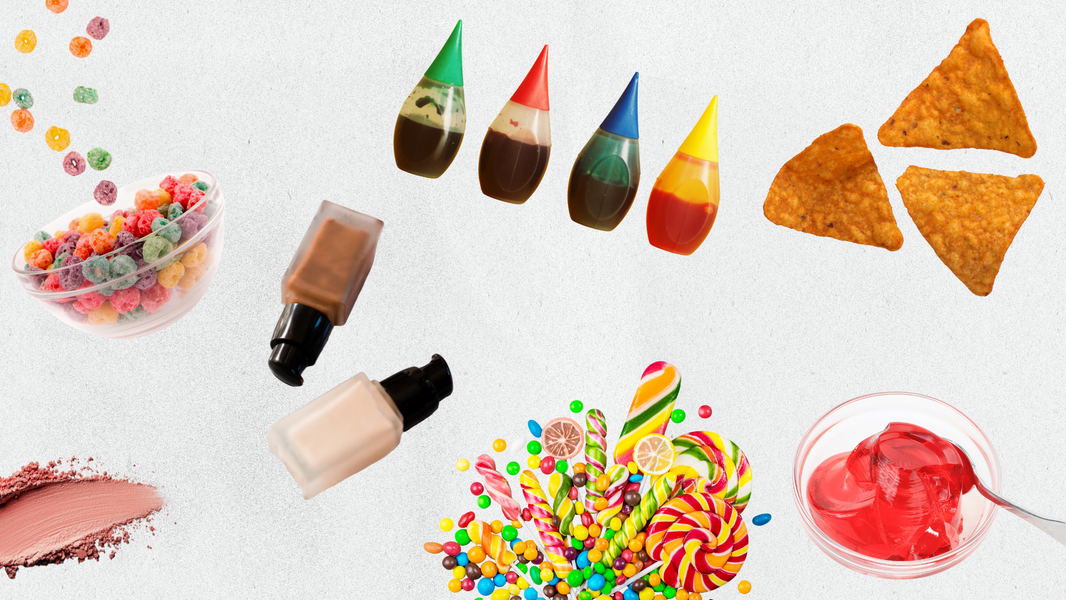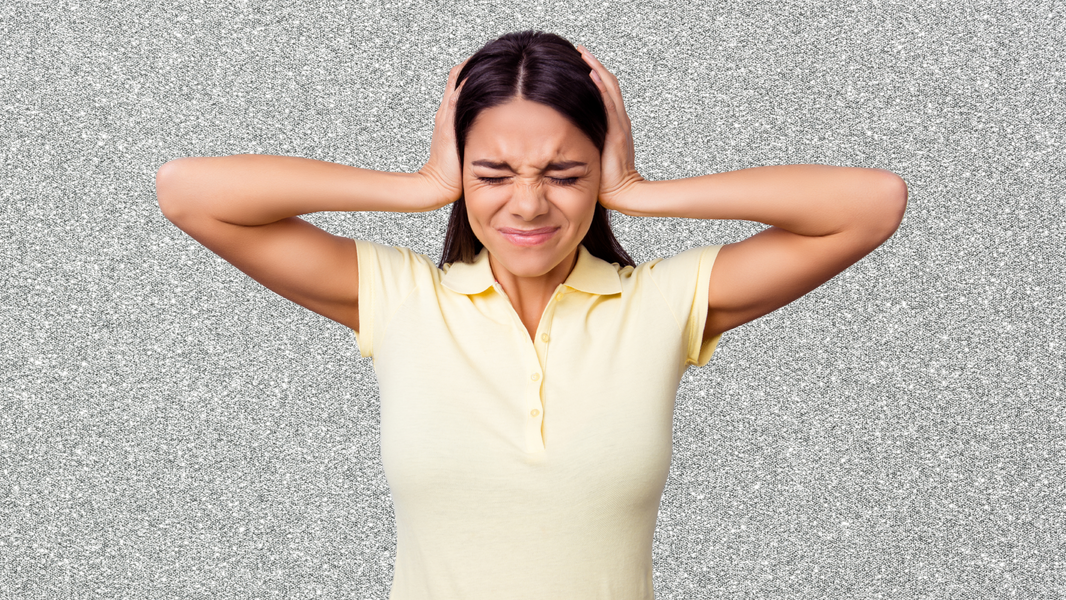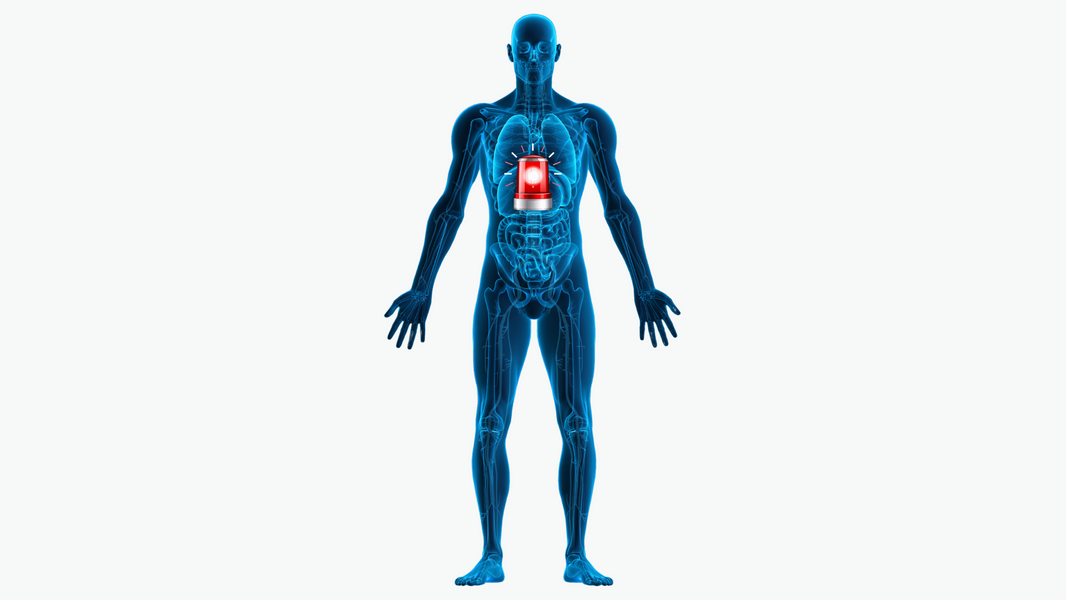It seems everywhere we turn there is a new toxin or a product we need to avoid. We realize this can be overwhelming, so we want to help break it down so you can educate yourself and make Betr decisions for you!
Let’s start by discussing a common term we hear today: carcinogens. What are they? Carcinogens are substances that have the potential to cause cancer. They can be found in many everyday products, including skincare and household cleaners. When using these products, it’s important to be aware of the potential risks associated with exposure (usually written on the product itself). Inhalation and skin contact are two common ways in which carcinogens can enter the body. When using household cleaners, it’s imperative to ensure that the area is well-ventilated to reduce the risk of inhaling harmful chemicals. Similarly, when using skincare products, one should aim to understand what ingredients are present before buying and applying. By simply being more mindful of the potential risks associated with exposure to carcinogens, we can take steps to protect our health and reduce the risk of developing cancer and other ailments.
To understand the carcinogenic composition of both skincare and household cleaners, we can start with the fact that they are not typically measured for parts per billion (PPB) or parts per million (PPM) of carcinogenic ingredients. Instead, they often contain the full ingredient, which means that any potential carcinogens are present in their entirety. This is because household cleaners and skincare products are not regulated in the same way that food and drugs are, and companies are not required to disclose the levels of potentially harmful substances in their products. As a result, consumers may be unknowingly exposing themselves to carcinogenic compounds when using these products. If you want to try to avoid these carcinogens as much as possible, continue reading as we delve into the common culprits, and explore alternative product options to help safeguard your well-being.
Here is a list of common carcinogens you should try to avoid when possible:
- Formaldehyde: Found in some nail polishes, hair smoothing treatments, and certain disinfectants.
- Phthalates: Used in fragrances in products such as lotions, body washes, and shampoos.
- Triclosan: An antimicrobial agent found in some soaps and toothpastes.
- Talc: A mineral that may contain asbestos and can be found in some body powders and cosmetics.
- Benzene: A chemical found in some cleaning products, including toilet bowl cleaners and bleach.
- Coal Tar: Found in some dandruff shampoos, hair dyes, and soaps.
- Lead: A heavy metal that may be present in some lipsticks and toothpastes.
- Ethylene oxide: A chemical found in some personal care products, such as antiperspirants and shampoos.
- Titanium Dioxide: A mineral used in some sunscreens and other cosmetic products that may be contaminated with heavy metals.
- Butylated Compounds (BHT and BHA): Synthetic antioxidants found in some lip balms, moisturizers, and other cosmetic products.
- Propylene glycol: A chemical found in some moisturizers, lotions, and deodorants that can irritate the skin and potentially cause cancer.
- Retinyl palmitate: A form of vitamin A found in some anti-aging creams and sunscreens, which may increase the risk of skin cancer when applied to the skin and exposed to sunlight.
Let’s use a real life example on a product that is used worldwide – sunscreen. Sunscreen is an essential product to protect our skin from the sun’s harmful rays. However, many contain oxybenzone, octinoxate, and homosalate, which research has linked to hormone disruptions and allergic reactions. Oxybenzone, in particular, has been found to mimic estrogen in the body, which can lead to a variety of health problems. Some studies have even suggested that oxybenzone may contribute to the development of certain types of cancer. Choosing sunscreens that use natural ingredients like zinc oxide or titanium dioxide to physically block the sun’s rays, rather than relying on harmful chemicals, is a great way to reduce your exposure to these harmful chemicals. Not only are these sunscreens better for our bodies, but they are also better for the environment, as the chemicals found in traditional sunscreens can harm marine life when they enter our oceans. The Betr Sunscreen is reef safe, and uses zinc oxide along with micro-algae and raspberry seed oil to keep you safe from the sun’s harmful rays.
Sunscreen isn’t the only product to consider – another household item that can contain harmful chemicals is laundry detergent. Many of the traditional detergents contain chemicals such as phosphates, sulfates, dyes and artificial fragrances. These chemicals can cause skin irritation, respiratory problems, allergic reactions, and may even disrupt hormones in our bodies. Some studies have specifically linked nonylphenol ethoxylates to hormone disruption and potential long-term health effects. In addition, many detergents contain surfactants, which are chemicals that help to lift dirt and stains from our clothes, but can also be toxic to humans and can accumulate in the environment. To reduce our exposure to these harmful chemicals, one can choose to purchase laundry detergents that are free from these harmful ingredients, or opt for natural alternatives that can be made yourself, right at home!
While it may be alarming to learn about the potentially harmful chemicals in our everyday household products, remember that there are many alternatives available to you. By making conscious choices and opting for natural, chemical-free products, we can reduce our exposure to these harmful substances and protect our health and the environment. In fact, you can even make your own household products with clean ingredients at home. In the next post, we’ll explore some simple DIY recipes for natural household cleaners that you can make right in your own kitchen. So stay tuned, and get ready to take control of your household products!


